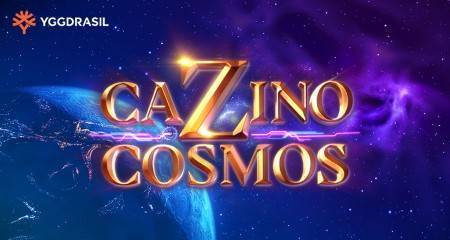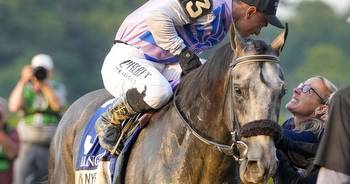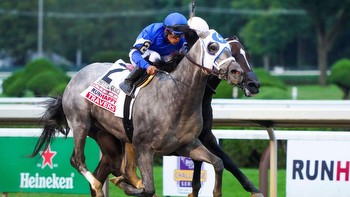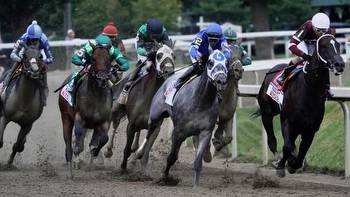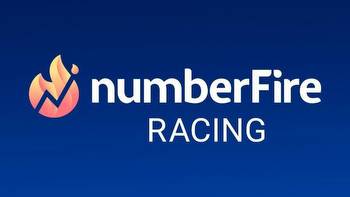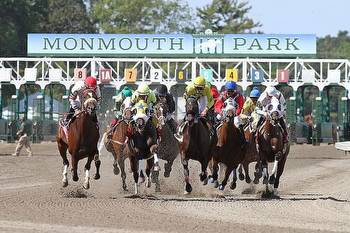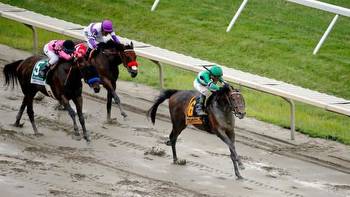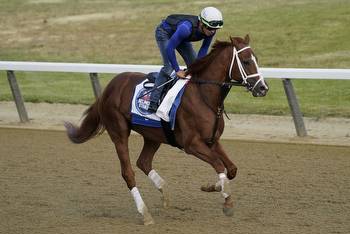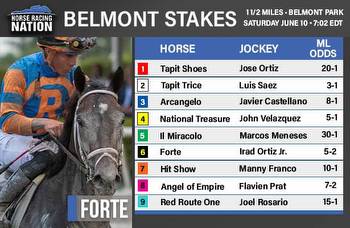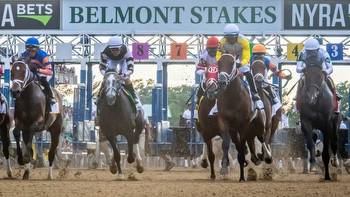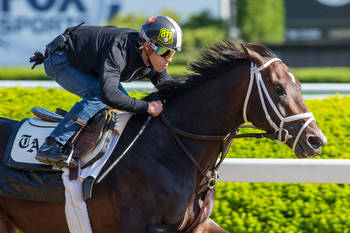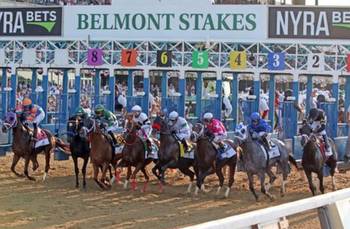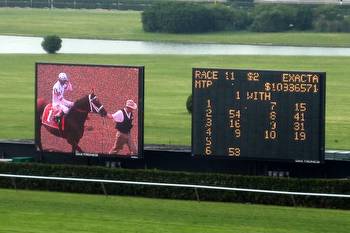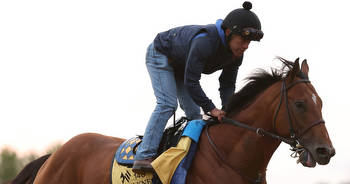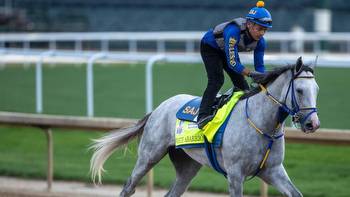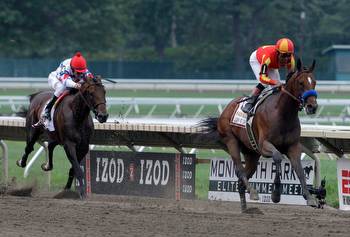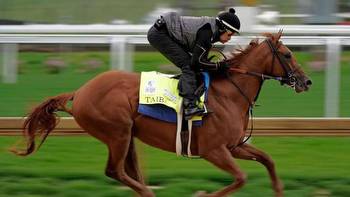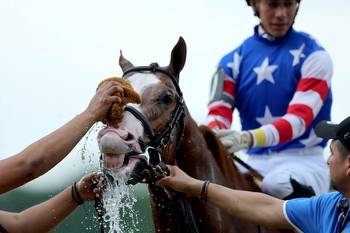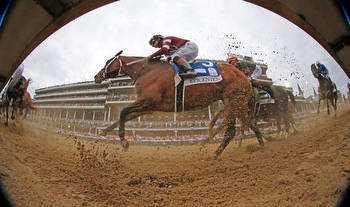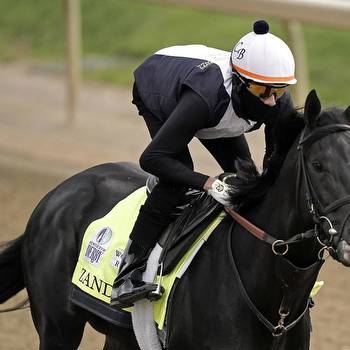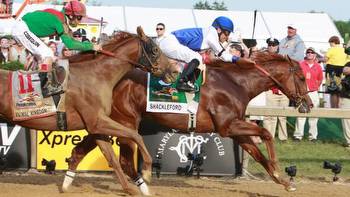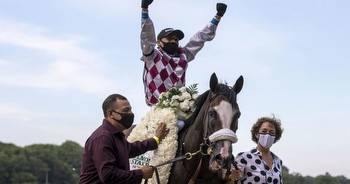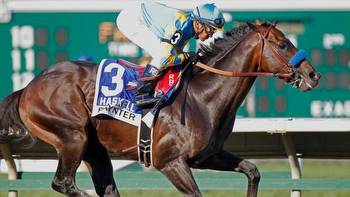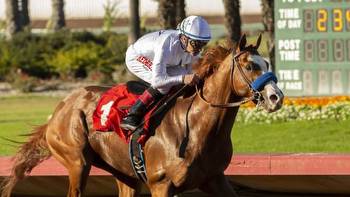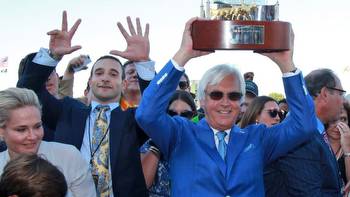Using History to Handicap the 2022 Haskell Stakes
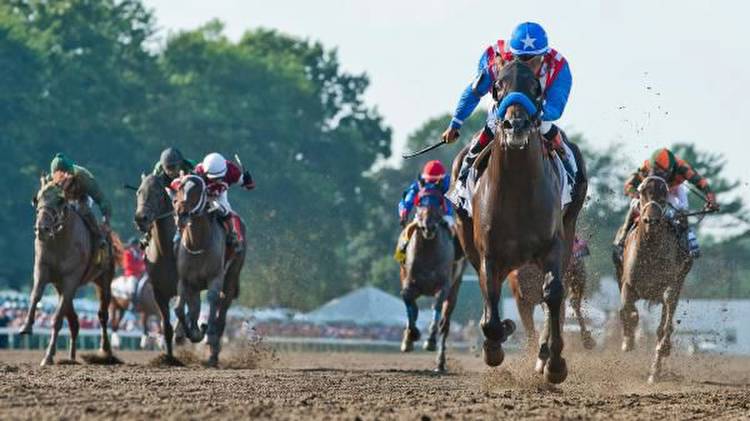
The $1 million, Grade 1 TVG.com Haskell Stakes at Monmouth Park isn’t part of the Triple Crown, but it often seems like a summer extension of the spring classics. The prestigious 1 1/8-mile prize annually draws some of the best 3-year-old Thoroughbreds in the country, including alumni from the Grade 1 Kentucky Derby Presented by Woodford Reserve, Grade 1 Preakness Stakes, and Grade 1 Belmont Stakes Presented by NYRA Bets.
The 2022 Haskell is slated to take place on Saturday with CNBC broadcasting the action live starting at 5 p.m. EDT. The race serves as a “Win and You’re In” qualifier to the Nov. 5 Grade 1 Longines Breeders’ Cup Classic at Keeneland, and it’s easy to understand why – three of the last eight Haskell winners have gone on to win the Classic.
Who will prevail in this year’s Haskell? Reviewing the recent history of the race can help solve the mystery by uncovering trends and tendencies common among previous winners.
So what are we waiting for? Let’s dig into the data and see what we can find:
Speed horses have the advantage
For the most part, it pays to favor speed horses in the Haskell. As is typical of North American dirt racing, horses with tactical speed hold an advantage in Monmouth’s signature race, with 12 of the last 15 winners racing within 2 ½ lengths of the lead after the opening half-mile.
Bob Baffert has the best record among trainers
Bob Baffert, the California-based trainer who returned from a suspension in June, knows the winning formula for the Haskell. Since 2000, Baffert has saddled 13 starters in the Haskell, with nine visiting the winner’s circle and the other four settling for second place.
But it’s worth noting Baffert’s Haskell horses tend to fall into two distinct categories. Six of his nine winners had previously competed in a Triple Crown race, while three of his four runners-up did not. This brings us to our next point:
Favor veterans of the Triple Crown
Almost without exception, the Haskell is won by a horse who competed in the Kentucky Derby, Preakness Stakes, and/or Belmont Stakes, the three legs of the Triple Crown. Check out the stats, and you’ll find 13 of the last 15 Haskell winners (and 25 of the last 30) had previously contested at least one leg of the Triple Crown.
We did see an exception as recently as 2020, when Authentic took home top honors, but it’s worth noting the 2020 Haskell was contested before the Kentucky Derby and Preakness as part of a racing calendar restructured due to COVID-19.
Count on proven route runners
Sprinters unproven running one mile or farther rarely (if ever?) win the Haskell. Indeed, every Haskell champion since at least 1981 (a span of 41 years) had previously won a race over one mile or longer, so betting proven route runners is the way to go in the Haskell.
Look for established stakes winners
Almost as remarkable as the route runners statistic is the fact 42 of the last 43 Haskell winners had previously won a stakes. The lone exception to this tried-and-true trend was Paynter, who won the 2012 Haskell after finishing second by a neck in the Belmont Stakes.
Bet on favorites and be wary of longshots
Longshot winners are uncommon in the Haskell. Nine of the last 14 winners started as the favorite (an impressive 64% success rate), while four other Haskell winners went off as the second betting choice at odds no higher than 9-2.
But wait, there’s more. Only one Haskell winner has started at higher than 9-2 since 1992, and that lone winner – the accomplished Girvin – didn’t exactly shock the world when he prevailed at 9.20-1 in 2017. The battles for second and third place have been similarly predictable; of the 45 horses to finish in the Haskell trifecta over the last 15 years, 39 of them (87%) started at single-digit odds.
Favor horses with stamina-oriented pedigrees
Sprinters don’t typically sire Haskell winners – that much can be determined from even a brief glance at the pedigrees of recent Haskell champions. Horses with classic breeding tend to dominate the 1 1/8-mile race.
Case in point? Seven of the last 12 Haskell winners were sired by a stallion who competed in a Triple Crown race. Furthermore, the five sires who defied this trend (Smart Strike, Awesome Again, New Year’s Day, and Into Mischief twice) were all Grade 1 winners running 1 1/16 miles or farther. Talent and stamina are genetic qualities passed down from generation to generation, and if a horse is going to vie for victory in the Haskell, it helps to have a pedigree geared toward success in the classics.
Conclusions
A top-notch field is expected to assemble for the 2022 Haskell. While the final entries have yet to be drawn, several Grade 1 winners are among the possible starters, and it certainly wouldn’t be a shock to see the Haskell produce the 2022 Breeders’ Cup Classic winner.
Of all the potential contenders, history suggests Taibais the horse to beat. The Bob Baffert trainee contested the Kentucky Derby one start after employing pace-tracking tactics to win a quick renewal of the 1 1/8-mile Grade 1 Runhappy Santa Anita Derby. A son of Breeders’ Cup Classic winner and Kentucky Derby third-place finisher Gun Runner, Taiba seems likely to be first or second choice in the Haskell betting and thus looms as a perfect match for the historical profile of a Haskell winner.
This stands in contrast to Jack Christopher, the other expected Haskell favorite. The brilliant Chad Brown trainee is undefeated in four starts, most recently powering to a 10-length win in the Grade 1 Woody Stephens Stakes Presented by Mohegan Sun sprinting seven furlongs at Belmont Park.
But Jack Christopher didn’t contest any of the Triple Crown races, and he’s only contested a single route race so far, winning the Grade 1 Champagne Stakes traveling a one-turn mile (the easiest type of route race) at Belmont last fall. Stretching out around two turns in the 1 1/8-mile Haskell is a question mark since Jack Christopher’s sire is Munnings, a sprinter who never won running farther than seven-eighths of a mile. According to historical trends, Jack Christopher is worth opposing for win purposes in the Haskell.
